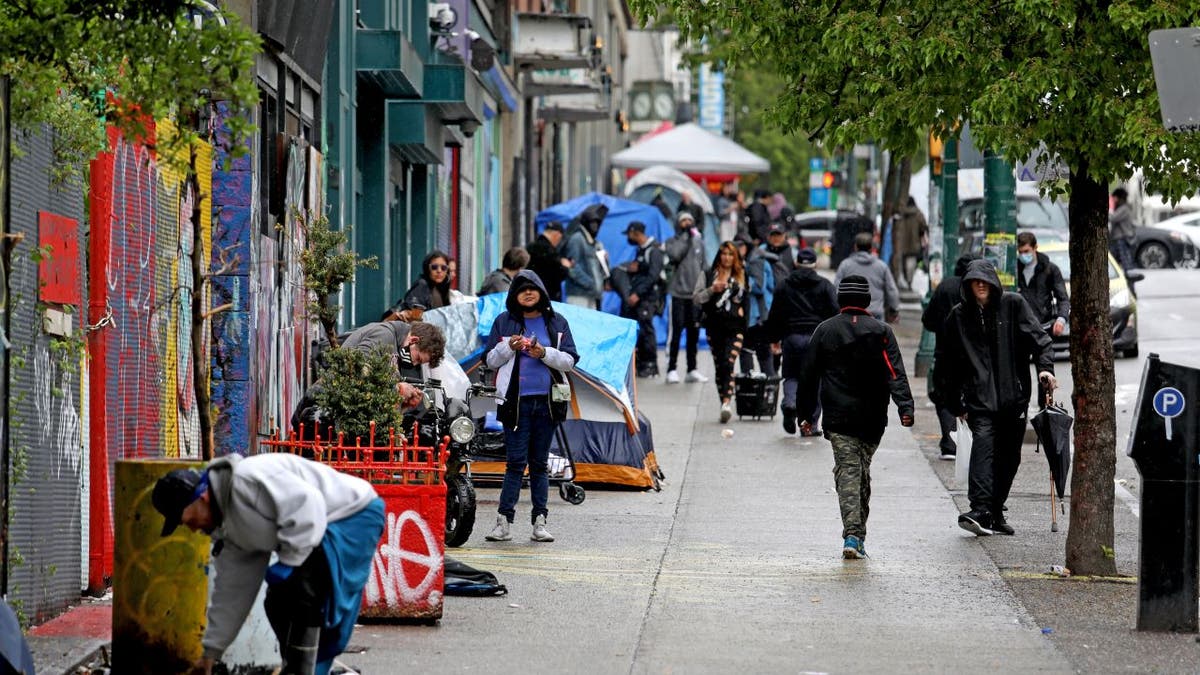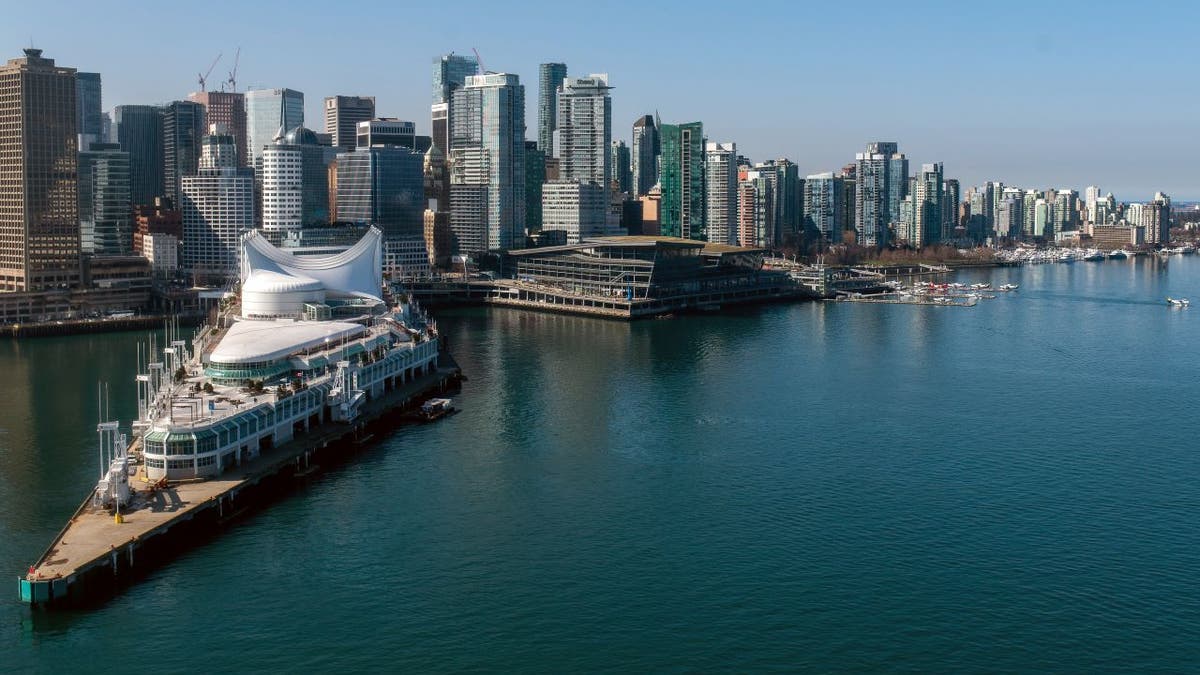Trump: The only way to stop drugs is the death penalty for dealers
Former President Donald Trump weighs in on ending the drug crisis on Special Report.
Half a year after the Canadian province of British Columbia decriminalized a wide range of hard drugs, including fentanyl, drug overdoses are the leading cause of death for the majority of Canadians in the region.
In a press release on Monday, the office of Public Safety and Solicitor General said that 1,018 British Columbians were "lost" to drug overdoses between January and May, which represents a 2.9% increase since the same time last year.
"Unregulated drug toxicity is now the leading cause of death in British Columbia for people aged 10 to 59, accounting for more deaths than homicides, suicides, accidents and natural disease combined," the press release stated.
"BC Coroners Service findings confirm that this public-health emergency continues to be driven by illicit fentanyl," Lisa Lapointe, the province’s chief coroner, said in the press release.

High levels of drug use, homelessness, poverty, crime, mental illness and sex work is prolific along East Hastings Street in the Downtown Eastside neighborhood of British Columbia. (Gary Coronado / Los Angeles Times via Getty Images)
"Expedited testing in 2023 is positive for fentanyl in almost nine out of every 10 results, nearly double the positivity rate of methamphetamine and cocaine, the next most commonly identified substances. As long as people are reliant on the profit-driven unregulated market to access the substances they need, their lives are at risk."
The news comes just six months after British Columbia became the first province in Canada to decriminalize hard drugs like heroin, fentanyl and cocaine amid a drug crisis that has killed over 10,000 people since 2016.
CANCER CENTERS ARE SUFFERING MAJOR SHORTAGE OF POPULAR CHEMO DRUGS

Vancouver, Canada. (Photographer: James MacDonald/Bloomberg via Getty Images)
Residents of British Columbia who are older than 18 are allowed to carry up to 2.5 grams of drugs such as cocaine, heroin, fentanyl, methamphetamine and morphine after the province was granted permission to try out a pilot program for three years. The drugs are still illegal but those carrying less than 2.5 grams are not be arrested, charged or have the drugs confiscated.
OVER 100,000 AMERICANS DIED FROM DRUG OVERDOSES IN 2022, CDC SAYS

Amy Evans, manager of the Overdose Prevention Society (OPS), carries a single dose of Naloxone, a medicine that rapidly reverses an opioid overdose, at OPS in the Downtown Eastside neighborhood of Brithish Columbia. (Gary Coronado / Los Angeles Times via Getty Images)
Instead, residents carrying the drugs are offered information on health and social services.
"Decriminalizing people who use drugs breaks down the fear and shame associated with substance use and ensures they feel safer reaching out for life-saving supports," Jennifer Whiteside, the British Columbia minister for mental health and addictions, said about the plan.
CLICK HERE TO GET THE FOX NEWS APP
The data released Monday showed that more than 70% of the overdose deaths occurred within private residences and 73% of decedents were "in receipt of current or previous services offered through the Ministry of Children and Family Development."
Fentanyl was detected in 78% of all deaths.









































